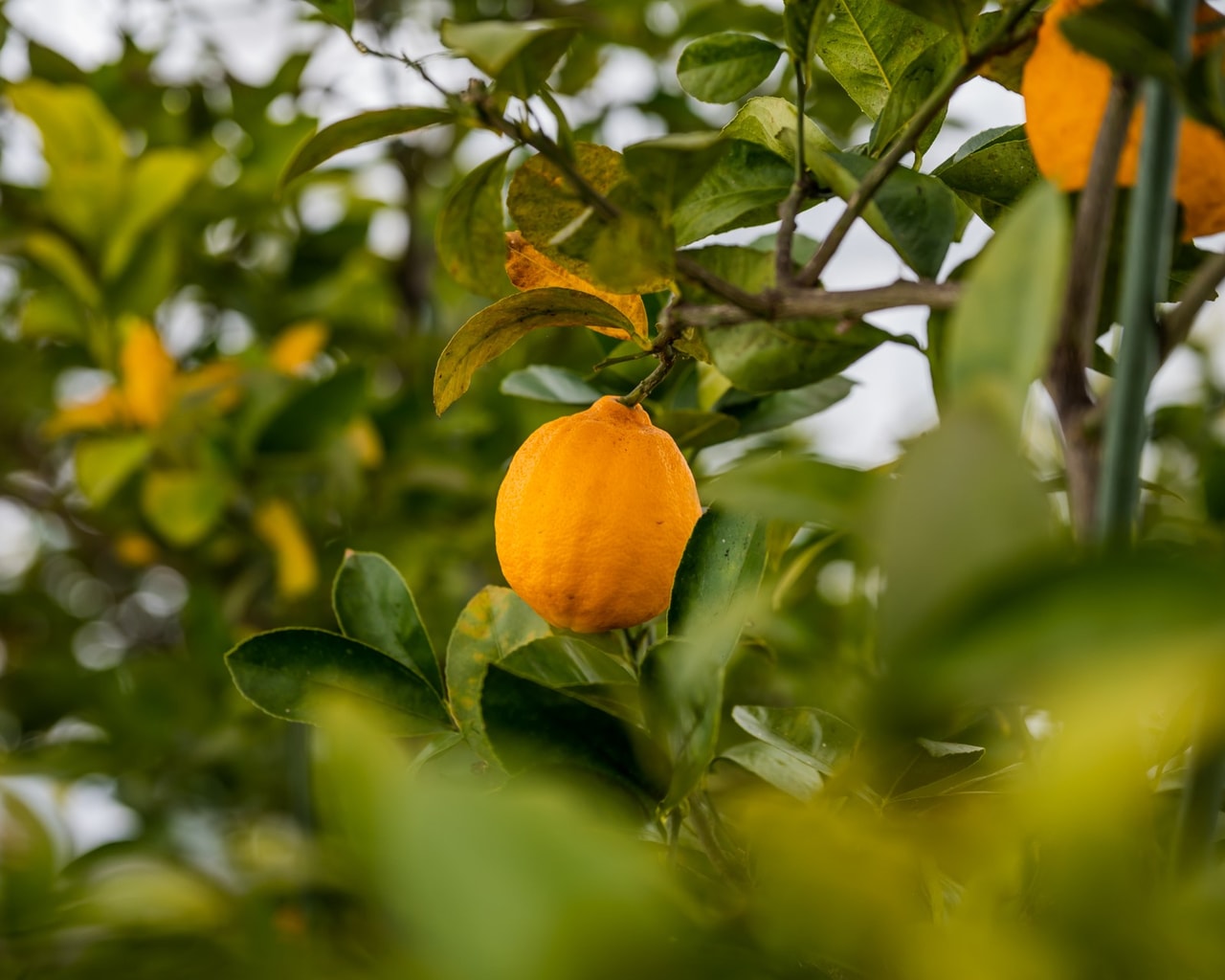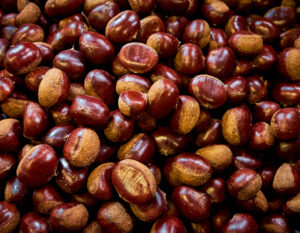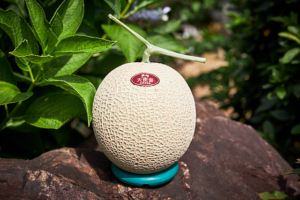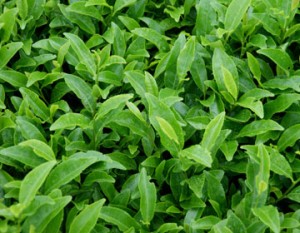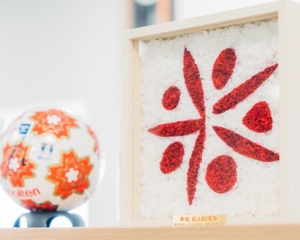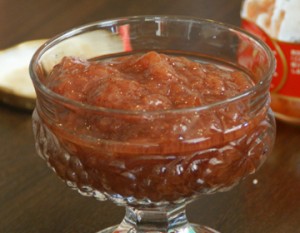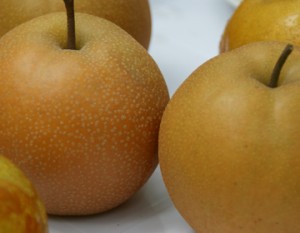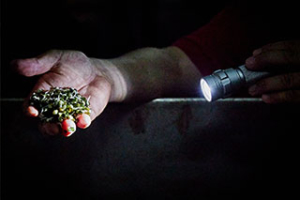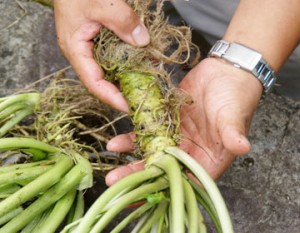In Yamagata Prefecture, one of the country’s leading fruit-producing regions, Hundredberries grows lemons, passion fruit and blueberries, which are rare in the snow country. The completely pesticide-free fruit grown by the orchard owner, who has a unique background as a former company employee, is gradually gaining recognition as safe to eat, even down to the skin.
Unusual orchard growing lemons in snowy terrain.
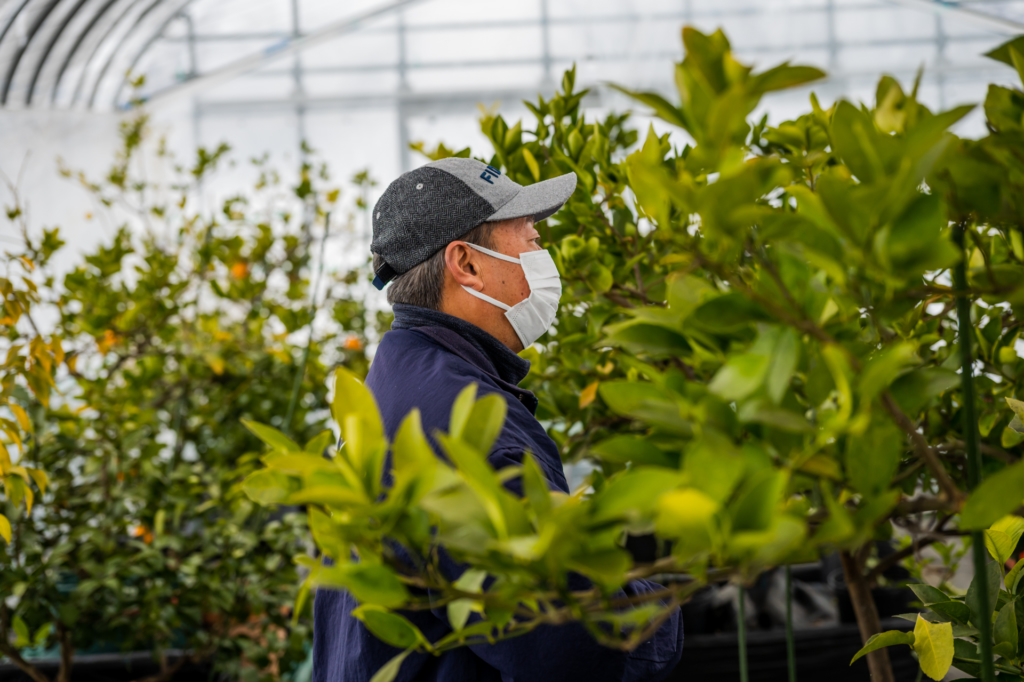
Yamagata Prefecture is one of the country’s leading fruit-growing regions, thanks to its hot summers and severely cold winters. It is said that the climate, with its extreme temperature differences, is suited to the cultivation of fruit trees, but there are some unique farms producing lemons, passion fruit and blueberries, which are far removed from the image of a snowy region, and which are now attracting attention from within and outside the prefecture. Hand Red Berries is located in Yamagata City. Representative Hiroaki Ishioka’s parents were rice farmers. Growing up in a family with close ties to agriculture, one would think that he would have naturally followed this path, but Mr Ishioka’s background is extremely unusual.
From sales fields to fruit fields
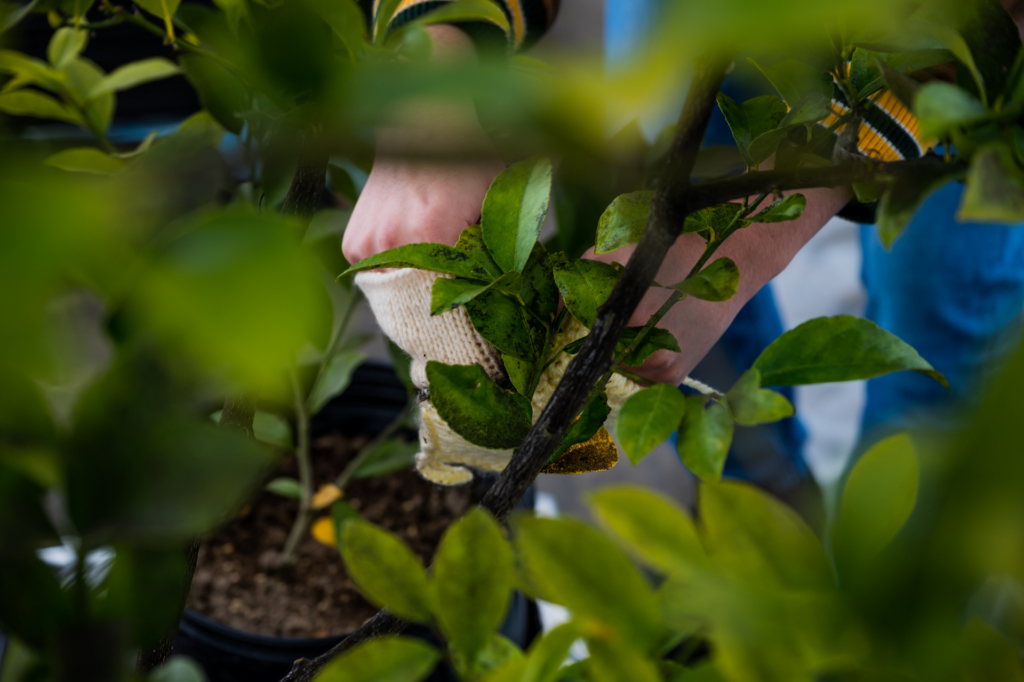
‘I didn’t want to farm. After all, it’s hard work.
Mr Ishioka was born a full-time rice farmer. However, from a young age he had seen his family and felt the difficulties of farming so much that he not only left Yamagata to go to university, but also found work in the Tokyo metropolitan area after graduation. He worked as a sales representative in Ibaraki Prefecture. A turning point came about 15 years ago, when Mr Ishioka was 45 years old. He had worked as a salesman all his life, but when he reached the age of 45, he wanted to try something new.
At that time, Mr Ishioka’s son brought home a leaflet from school.
On it was written: ‘Blueberry tree owners wanted’. Somehow attracted to the idea, Mr Ishioka became the owner of one blueberry tree while continuing to work at his company. At the time, he had no idea that this would later change his way of life.
For the next two years, Mr Ishioka grew blueberry trees in Tsukuba. As he enjoyed the pleasure of harvesting, he began to wonder if he could do the same in Yamagata.
At the time, however, he was a company employee. Moreover, it was not easy to secure farmland in Tsukuba City. However, his parents’ farmland in Yamagata was still there. With this support, Mr Ishioka decided to quit his job in March 2011 and engage in blueberry cultivation in his birthplace. He was 51 years old when he set foot on Yamagata soil again.
From blueberries to passion fruit
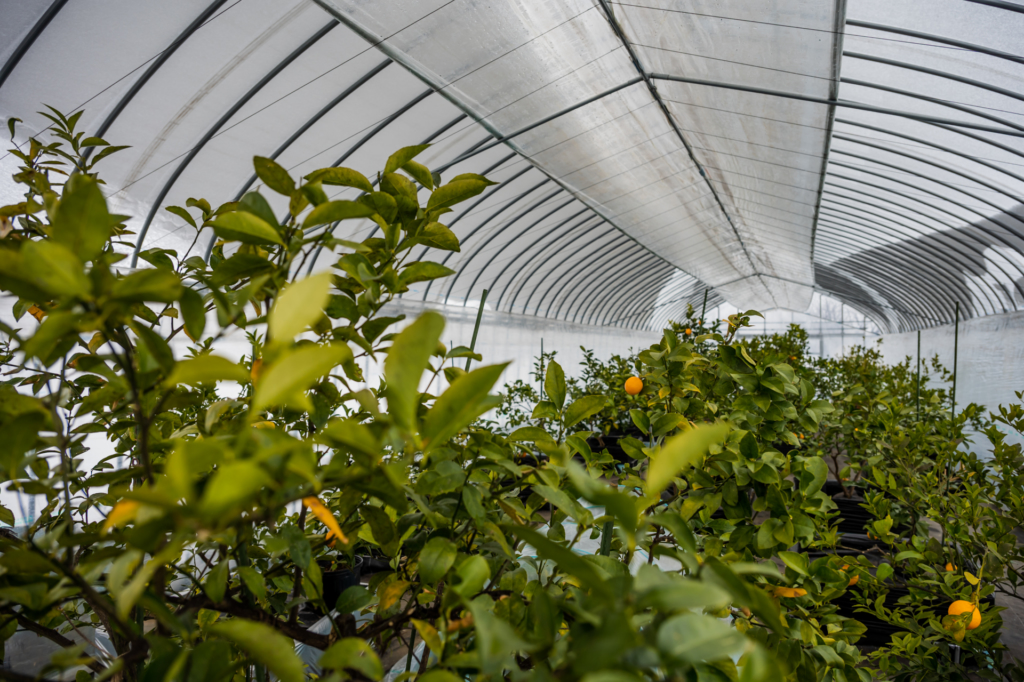
One of the reasons he decided to return to his home town was that at the time of his U-turn to his birthplace, there were no farmers growing blueberries in Yamagata. Furthermore, Mr Ishioka saw potential in blueberries because “you don’t have to peel them” and they are “highly nutritious”. Why was he able to take the plunge and bet his life on blueberries, despite the fact that he was just starting out as a farmer? It was the belief that he would be able to manage for three to four years after starting his farming business with the savings from his time as a company employee, and his determination to use his experience as a company employee to open up his own sales channels and decide on prices and profits himself. Mr Ishioka learnt the basics of farming at an agricultural university and at the Agricultural Experiment Station in Sagae. As he visited blueberry farmers across the country to deepen his knowledge of cultivation methods, he became aware of “what would happen if I ate what I grew”. He thought about how to provide safe and tasty products that he would want to take the initiative in eating, and as a result, he naturally arrived at pesticide-free cultivation.
According to Mr Ishioka, “growing blueberries without pesticides is not that difficult if you have the knowledge and farming experience”. Of course, challenges can be found by trying it, and it may or may not work depending on the year. In those days, Mr Ishioka was not an experienced farmer by any means. Even so, he decided to try pesticide-free cultivation because he wanted to “take the initiative in providing food that I would want to eat”. His enthusiasm paid off, and Mr Ishioka acquired knowledge of cultivation methods from other blueberry farmers and succeeded in commercialising pesticide-free blueberries without the use of chemical fertilisers. Mr Ishioka’s next challenge was passion fruit, another fruit that is not associated with the snow country.
Mr Ishioka first encountered passion fruit when he was attending an agricultural college. The reason he decided to try growing it was that passion fruit is a variety that can be grown without pesticides.
He became interested in “green curtains” after a friend of his asked him if there was anything that could replace goya as a green curtain.
Green curtains are generally made of vines such as bitter gourd and loofah, which grow high under the eaves like a curtain. It has the advantage of preventing direct sunlight from entering the house, preventing indoor temperatures from rising, and absorbing carbon dioxide from the atmosphere for photosynthesis. It is a solution to the high temperatures inside the greenhouses, which is one of the challenges of summer farming, and is also more environmentally friendly than using air-conditioning or fans. I researched the possibility of growing green curtains with passion fruit, which is a vine like bitter gourd, and found that, sure enough, it can be done.
‘If I can do it with a fruit tree I was thinking of growing, then it’s just right,’ he said, and immediately took up the challenge of creating green curtains utilising passion fruit, both at home and in the greenhouse. However, no matter how hot the summer is, Yamagata is a cold region. There were doubts as to whether passion fruit, which is native to the subtropical zone and harvested in warmer regions of Japan such as Kagoshima, Okinawa and the Ogasawara Islands, could really grow in the cold region of Yamagata, but with a challenging spirit of “you never know unless you try”, Mr Ishioka took up the challenge and succeeded in harvesting in his first year. In addition, he felt that it was effective in controlling the rise in temperature in the greenhouses.
Mr Ishioka, who has put pesticide-free cultivation of both blueberries and passion fruit on track, is particular about “producing what I want to put in my mouth with peace of mind”. Another is that he ripens the fruit on the tree to bring out the sweetness of the fruit. Ripening on the tree” means that the fruit is ripened as it grows, unlike, for example, tomatoes, which are picked early so that they are ripe at the time of sale. Although distribution is limited due to the fact that the fruit does not last as long as early harvesting, the sweetness of the fruit is brought out to its full extent.
Mr Ishioka’s uncompromising approach to both taste and safety led to his encounter with the Snow Country Lemon.
The birth of the ‘snow lemon’.
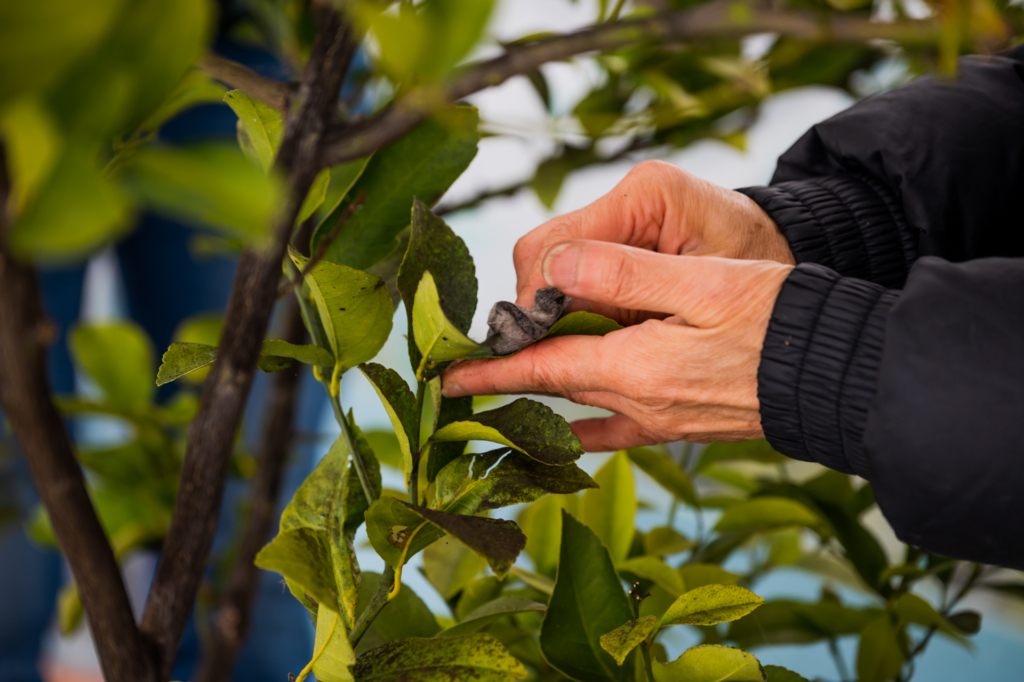
Mr Ishioka thought it was impossible for lemons to grow in Yamagata.
It was a local man who brought lemons and Mr Ishioka together. The man, who was suffering from cancer, was on various dietary treatments for recuperation, one of which was to drink grated vegetable and fruit juice every day. However, while carrots and apples were available from a neighbouring farmer, he was unable to find pesticide-free, wax-free lemons. So, with a glimmer of hope, she visited Mr Ishioka, who was growing pesticide-free blueberries and passion fruit.
Mr Ishioka had thought that lemons could only be picked in warm places. However, after doing some research, he came across the Hachijo Fruit Lemon, a variety grown on Hachijojima that can withstand the cold. Hachijo Fruit Lemons, which are similar to the Meyer lemon variety, a cross between a lemon and an orange, are characterised by their orange-tinged rind. It is also more resistant to cold as well as heat than ordinary lemons, so the seedlings were brought back to Yamagata and pesticide-free cultivation began in 2014.
First harvest in the second year.
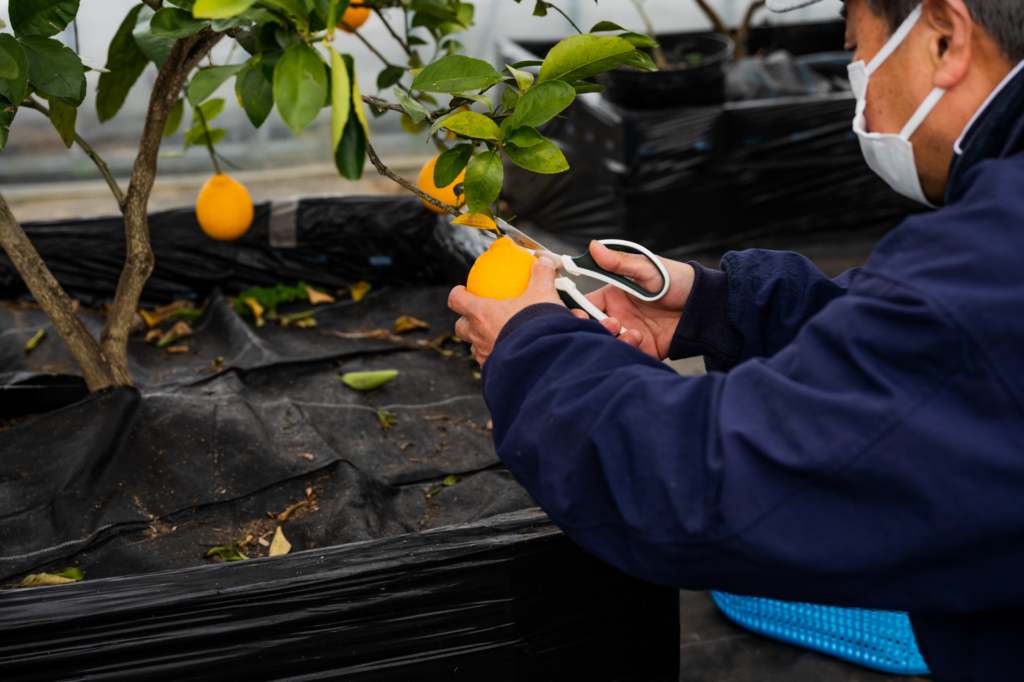
In the first year of his pesticide-free lemon cultivation, he was unable to harvest a single lemon. It is said that citrus trees are swarming with insects, and Mr Ishioka’s lemons were no exception, with the leaves blackened by aphids and butterfly larvae. However, in the second year, the first two lemons bore fruit. That was the moment the ‘Snow Country Lemon’ was born.
Mr Ishioka says he was surprised when lemons were really produced in a cold inland area with no sea or sunshine. This was partly thanks to the double plastic greenhouses that Mr Ishioka uses.
Creating a nurturing environment with the unique power of lemons.
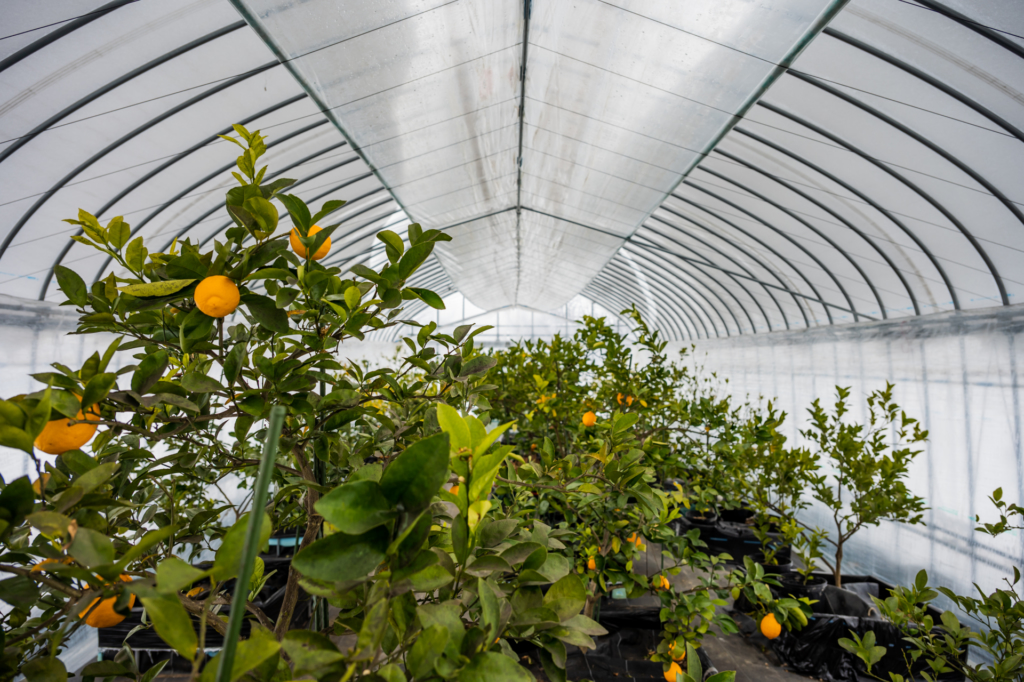
Mr Ishioka’s lemon cultivation is carried out under “natural conditions to a certain extent”. A distinctive feature is the double plastic greenhouses: the air between the two sheets of plastic acts as a heat insulator, so that even in winter, when the sun comes out, the temperature inside the greenhouses is above 10°C, even if it is below freezing outside. Conversely, in summer, the greenhouses are too hot and foggy, so the ceilings are folded down to improve ventilation.
Lemons grown in such a near-natural environment are pruned repeatedly and grow bigger and bigger. Normal-sized lemons weigh around 150g each, but Snow Country lemons can weigh up to 300g. Ripening not only raises the sugar content to around 10 degrees, but also reduces the bitterness of the rind. A sugar content of 10 degrees is comparable in sweetness to citrus fruits such as mandarin oranges and fruit tomatoes. Furthermore, the lemons are grown without pesticides and do not use wax, which is used to maintain the lemon’s shape and prevent mould, which makes them edible with their skins.
In 2022, they were able to harvest 850 lemons, and in 2023 they are aiming for a further boost to around 1,000 lemons. Mr Ishioka is always thinking about how to make the lemons bigger and how to harvest more …… in order to produce good products, which is also his joy.
Do what others are not doing
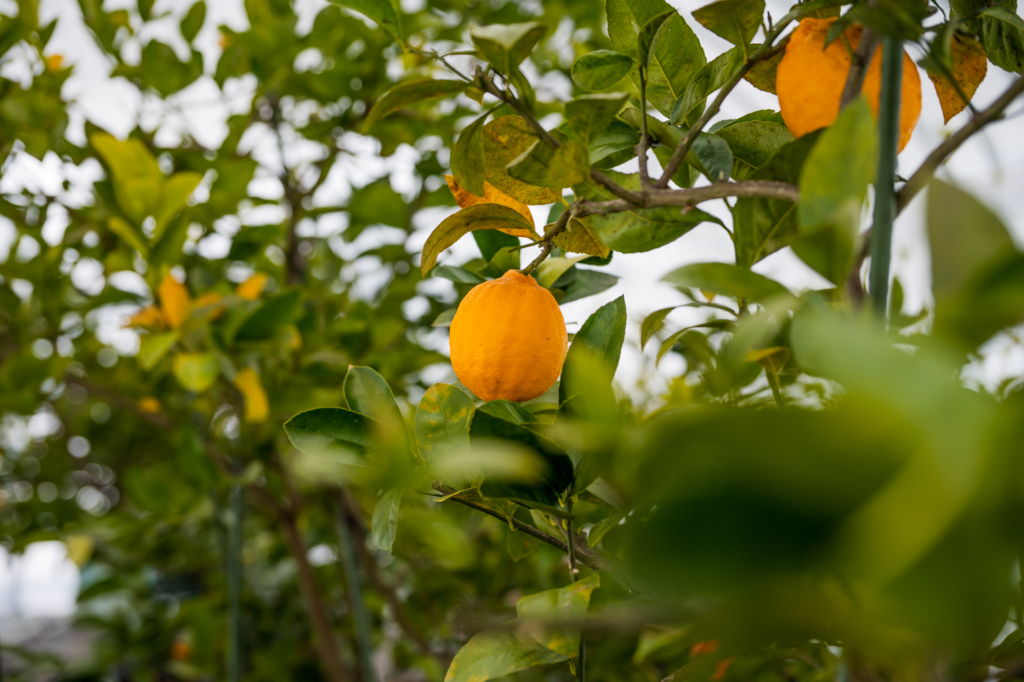
It is important to differentiate yourself, said Mr Ishioka. For Mr Ishioka, this meant “doing what no one else is doing”. That is why he started growing blueberries in Yamagata, where he made a U-turn to farming. He then boldly took up the challenge of cultivating passion fruit and lemons without pesticides, and achieved results. Because he was the first to start, he went outside the prefecture to collect various information. In addition to fruit cultivation, he also collaborates with local dairy farmers to produce original gelato. The fruit-flavoured gelato is popular for its freshness, as 25% of the ingredients are fruits, which makes it feel as if you are eating the fruit itself. He says he started this business to convey the appeal of snow lemon and passion fruit from Yamagata.
Mr Ishioka says that what he would like to do in the future is to “get to the bottom of blueberry, passion fruit and lemon cultivation”.
Mr Ishioka says that since he started farming in 2011 (Heisei 23), he has been groping his way forward and has often faced various difficulties. However, Mr Ishioka’s efforts are steadily bearing fruit, as the harvest of lemons, which were said to be impossible to grow in Yamagata, has increased year after year, and the pesticide-free fruit he grows has become better known and more useful in restaurants and patisseries in the city. Not content to rest on his laurels, even now, more than 10 years after he started farming, he and his wife are still working together to produce better and tastier products within their means, and are repeating the process of trial and error. Mr Ishioka’s wish is to eventually make the Snow Country Lemon a speciality of Yamagata Prefecture.
He also hopes to turn his farm into a tourist farm. In 2022 (2022), he has already organised a blueberry-picking experience for a limited number of people. It was very well received, with parents and children taking part. In the future, Mr Ishioka says he is considering organising such experiences for guests of the hotels and ryokans to which he ships his products.
Snow Country Lemons, produced in Yamagata Prefecture. With its sweetness from being fully ripe, refreshing acidity that is not too strong, and slightly chewy skin, it would not be an exaggeration to say that it is a lemon made for biting whole. Why not try these sweet and sour lemons, filled with the nature of snowy Yamagata?



